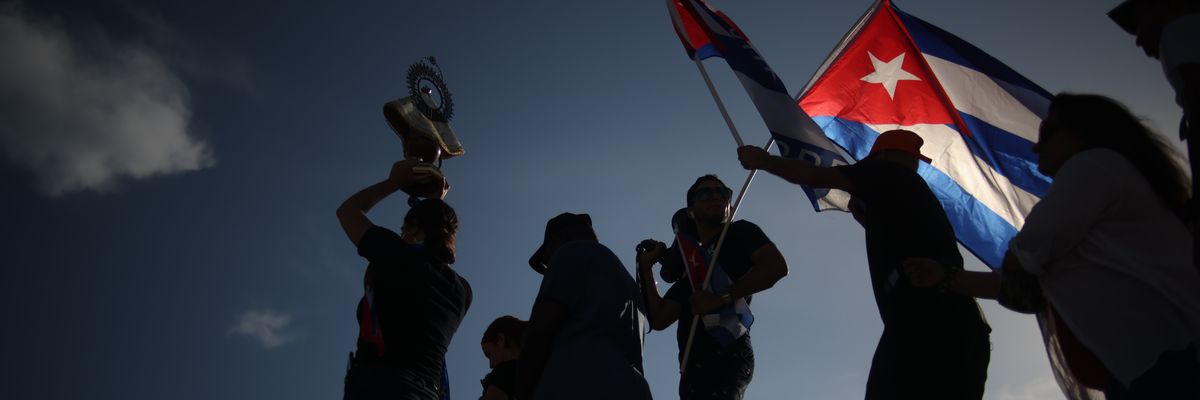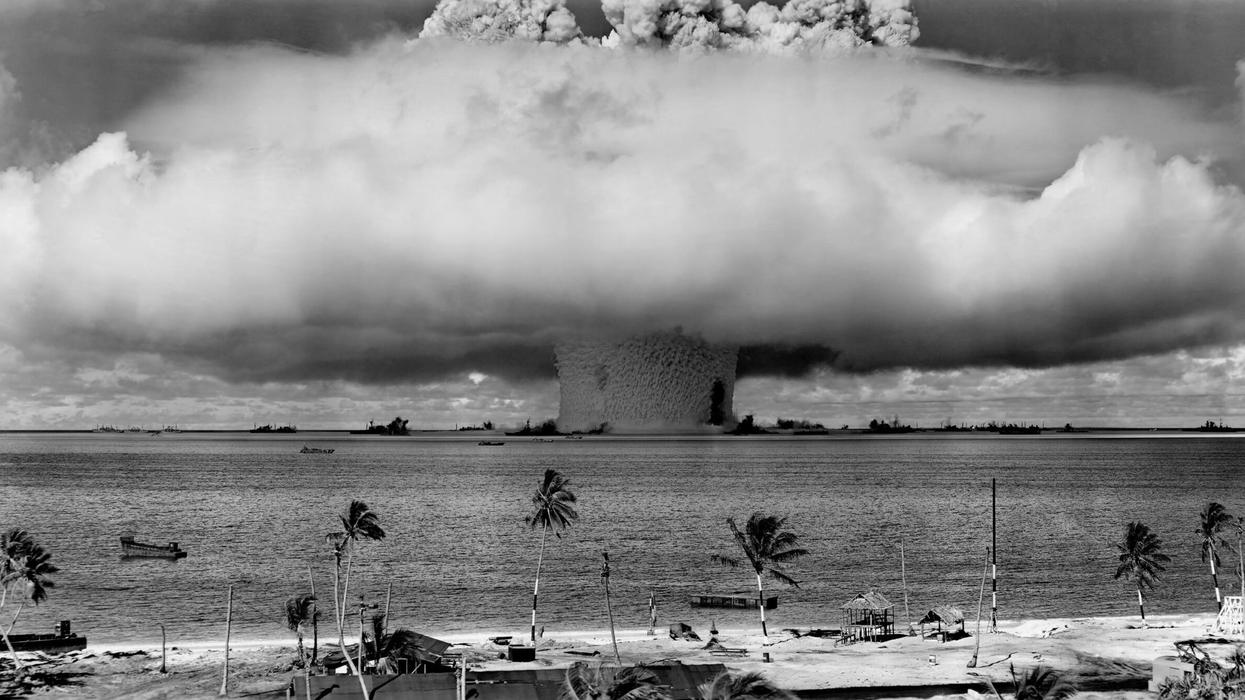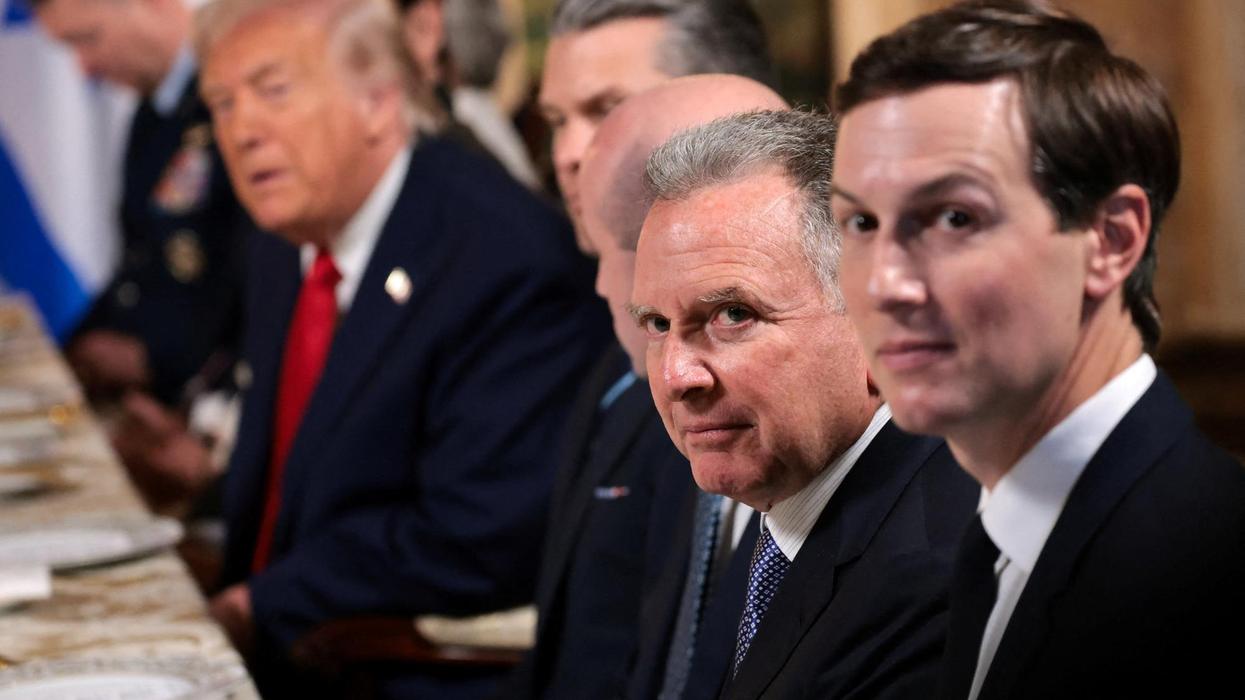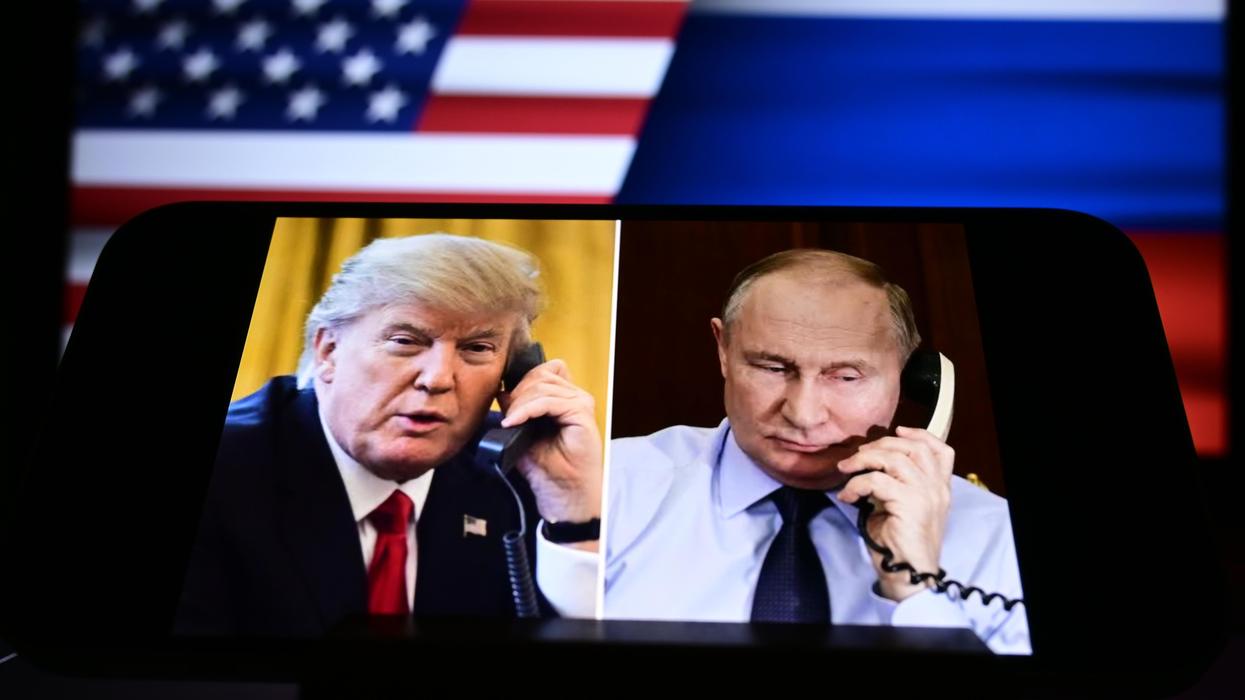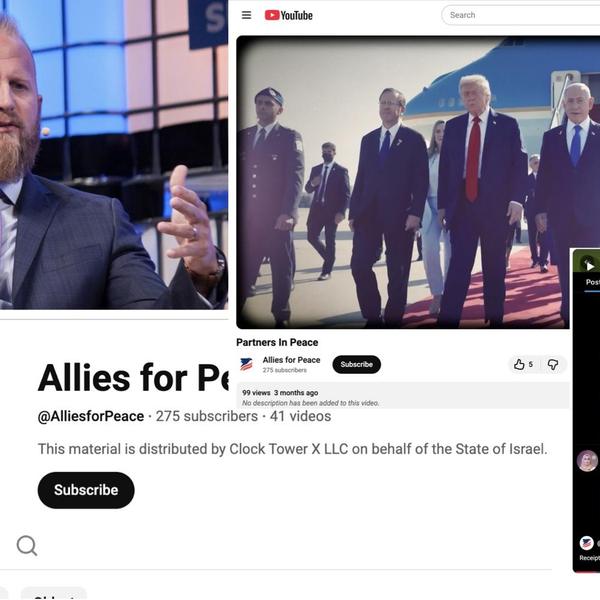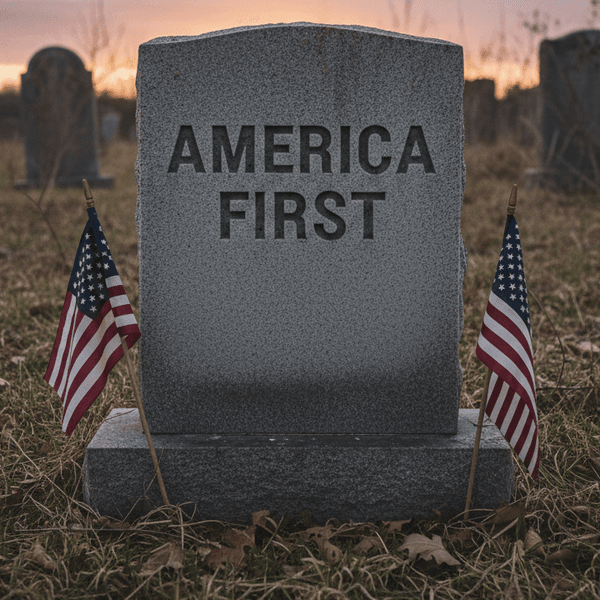In addition to the political and economic crises in Cuba, there is a genuine humanitarian crisis, and the U.S. embargo is making it more severe. Worse still, the embargo hurts ordinary Cubans much more than it does the government.
On July 11, protests erupted throughout Cuba. Citizens called for action and change from their government on a wide array of issues. While the protesters' calls were directed at internal change and grievances and not at U.S. sanctions or the U.S. embargo, Washington can help facilitate this internal change through lifting sanctions and removing the embargo.
Cuba’s government responded with violence, repression, and detentions, which remain ongoing. One does not have to downplay the repression meted out to protesters by Cuba’s government in order to criticize the many failures of the 60-year embargo. One does not have to ignore that arbitrary detentions of peaceful protestors and a lack of due process violate Cuba’s new constitution in order to seek a more just, humane, and effective U.S. policy towards Cuba.
For too long, Cuba has been used as a proxy for ideological battles within the United States. This tendency continues in response to the widespread protests in Cuba as the spin machines of both extremes go into overdrive. Neither calls for military intervention, as expressed by the Mayor of Miami Francis Suarez, nor reflexively blaming the United States for all of Cuba’s ills does anything for the Cuban people.
Between these extremes there is a great deal of middle ground where President Biden could take action to support the Cuban people without conceding anything to their government. Cuba is currently facing an economic and humanitarian crisis, including mass food, electricity, and medicine shortages, further exacerbated by an increase in COVID-19 cases and tightened U.S. sanctions. Any response by Washington must address the humanitarian crisis.
During a July 12 press briefing, White House Press Secretary Jen Psaki asserted that the U.S. embargo allows humanitarian goods to reach Cuba. Though there are humanitarian allowances under the embargo framework, in practice, there are severe limitations and obstacles to delivering humanitarian assistance to Cuba. Companies and individuals from other countries that wish to help the Cuban people at this complicated moment through the sale of medical goods are limited by U.S. sanctions that restrict the percentage of U.S. content allowed in foreign sales to Cuba to less than 10 percent.
Furthermore, U.S. sanctions on Cuba are so far-reaching that many foreign companies are hesitant to run the risk associated with such a bureaucratic maze. At the start of the pandemic, a shipment of face masks and other coronavirus aid from China was thwarted when the shipper declined to complete delivery for fear of risking prosecution under the embargo.
U.S.-origin donations of medicines and medical equipment to Cuba, such as testing kits and respiratory devices, require a specific license, which takes time and a tremendous amount of paperwork. Additionally, onerous end-user verification requirements for the exportation of medical supplies, instruments, and equipment, can severely restrict the ability of such goods to reach the Cuban people and should be removed. Six months ago I purchased a nebulizer for my cousin in Cuba. I still have not discovered a way to actually ship it to her.
The administration has insisted it is fast-tracking humanitarian licenses. They could also apply that to medical sales, or even offer short-term general licenses for those categories of sales or donations. The American people are eager to assist their neighbors. A recent campaign to raise money to send syringes to Cuba in the face of the island’s shortage garnered support from thousands of Americans and raised over $500,000. Even President George W. Bush offered bilateral humanitarian aid to Cuba in 2008 after Hurricane Ike.
President Biden’s announcement directing the administration to examine remittances to Cuba is a good and necessary first step. By lifting restrictions and caps on family and other donative remittances, we can let Cuban Americans exercise their right to send, or not send, remittances. Is it really the business of the U.S. government to tell Cuban Americans whether or not they can help their families suffering through the pandemic? President Biden’s concerns about remittances being confiscated by the Cuban government have been thoroughly addressed. Allowing the flow of remittances empowers both Cuban Americans and the Cuban people.
Cuba’s government would be ill-advised to read any of these actions as a concession or as a measure of support. The Biden administration has placed support for democracy and human rights as it’s lodestar in its efforts to empower the Cuban people to determine their own future. Efforts by the Cuban government to suppress peaceful protest, including the use of force against protestors, and to delegitimize civil society are wrong, counter-productive, and misguided.
Regardless of future actions on the part of Cuba’s government, Washington can and should provide critical support to Cuba’s civil society so that it has the tools and the resources to play a critical role in determining the country’s future. This support should come with transparency. For civil society to be effective, it must be independent and not seen — or made susceptible to be seen — as merely an arm of the United States.
Loosening the regulations on humanitarian aid would achieve President Biden’s goals of empowering the Cuban people without aiding the government and still allow Biden to defend human rights and condemn the government’s repression.
Now is the time for diplomacy and dialogue, not general sanctions that disproportionately harm ordinary Cubans, especially Cuban women, Afro-Cubans, and LGBTQ+ Cubans, who are also the people most affected by the domestic crisis. During this difficult period, there is rightfully a great desire to help the Cuban people. We cannot simultaneously stand with them and subject them to draconian conditions of isolation and hunger. President Biden can take these actions and continue to press Cuba on human rights abuses. By centering our policy efforts on the humanitarian needs and desires of the average Cuban, without wavering in our support of human rights, the Cuban people can become more than a political football in the ideological and domestic political battles in the United States.

